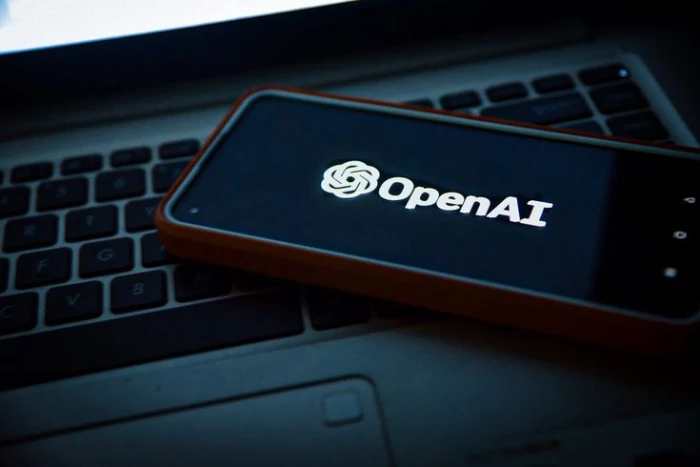OpenAI Acquires Statsig for $1.1 Billion, Accelerates AI Product Ambitions
by Muskan Kansay - 4 months ago - 2 min read

OpenAI isn’t known for standing still, but this week the company hit a new gear, acquiring product testing upstart Statsig for a brisk $1.1 billion in stock, a figure that earns a double take even under the AI juggernaut’s $300 billion valuation. The company’s blog post doesn’t mince words. Statsig is being folded straight into the engine powering OpenAI’s biggest bets, namely ChatGPT and the ever-expanding Codex toolkit. That’s not just a strategic win, it’s a clear signal that experimentation is being elevated to a front row seat in the acceleration of AI product development.
Statsig founder Vijaye Raji isn’t sidelined either. He’s stepping up as CTO of Applications, a new high-visibility perch reporting directly to Fidji Simo, the just inaugurated CEO of Applications and former Instacart head who’s only weeks into her own OpenAI chapter. If you thought OpenAI would take its time blending teams, think again, as soon as regulators give the green light, every Statsig engineer will switch badges while keeping the Seattle office lights on and supporting current customers like nothing happened.
Leadership at OpenAI loves a shakeup. Kevin Weil, previously chief product wrangler, is now in charge of “OpenAI for Science,” a title so big it's practically an invitation to remake the future. Weil himself is unusually candid, admitting “OpenAI’s products have been my life since I joined and they’re in great hands,” perhaps a nod to both Simo’s arrival and the product bench’s depth. Meanwhile, Srinivas Narayanan leaps from engineering lead to CTO of B2B Applications, buddying up with COO Brad Lightcap to chase every big enterprise opportunity lurking in OpenAI’s wake.
Statsig’s retention as an independent operating brand reads less like a half measure and more like OpenAI’s commitment to not breaking what works. OpenAI’s statement is unambiguous. Statsig is “continuing to serve its customer base out of its Seattle office” at least for now. If the last few months are anything to go by, that independence could be short-lived.
The upshot of OpenAI's appetite for bold bets and big checks shows no sign of slowing. If collapsing divisions, onboarding star founders, and moving entire teams overnight is the new rhythm, then the rest of the AI world might want to step up their own pace too.